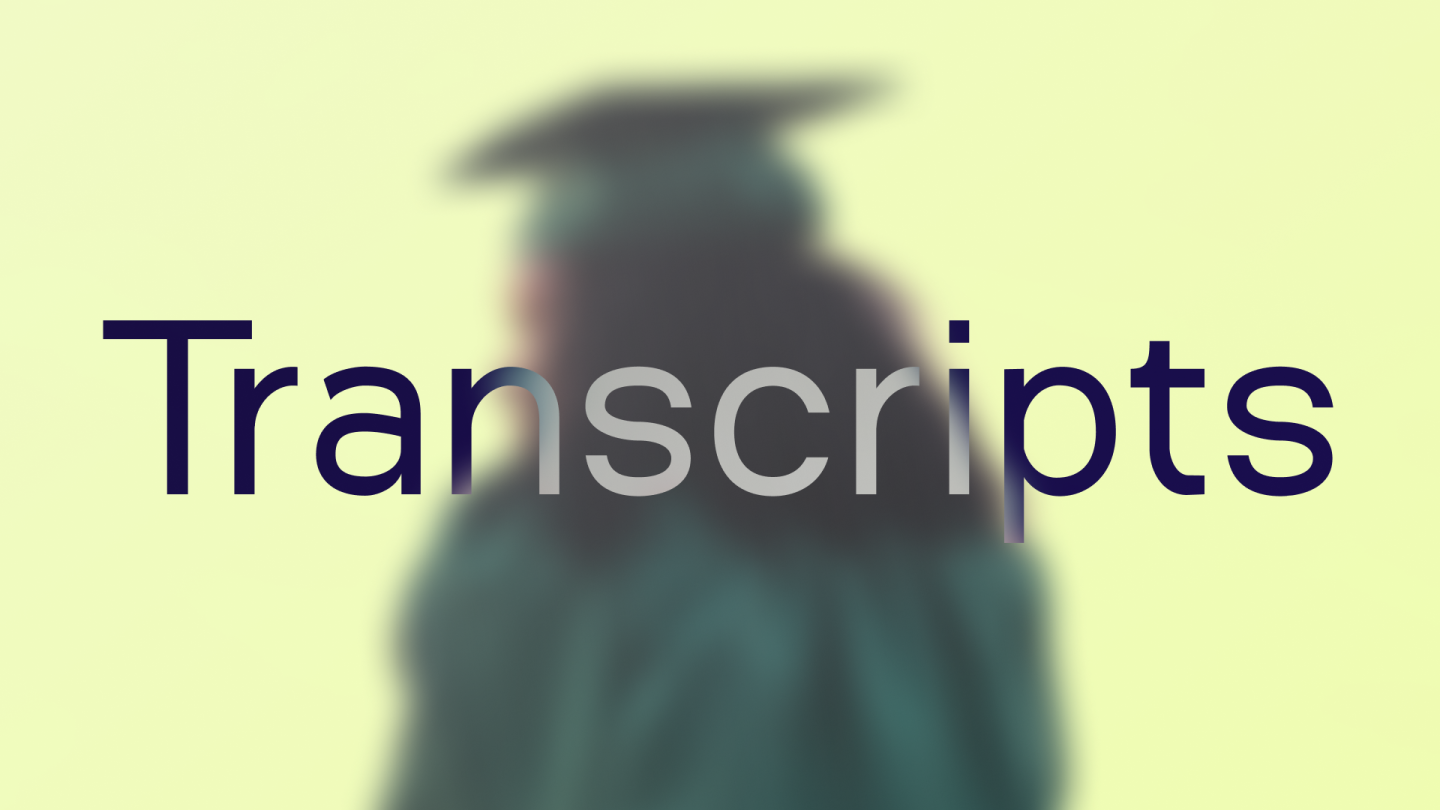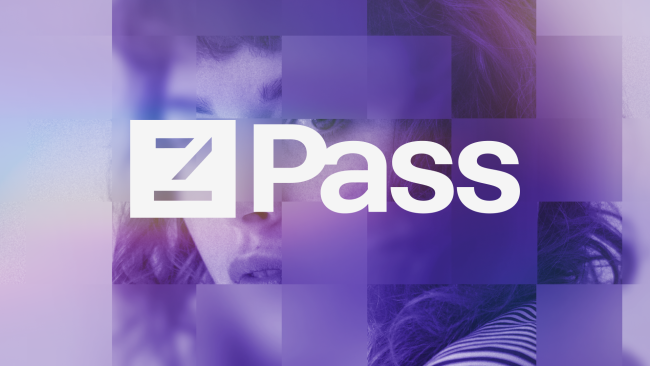Your transcript should belong to you: Using zero-knowledge to protect academic privacy

You paid tens of thousands of dollars to get a college education, maybe even going into debt to do so. But while you might have your diploma hanging in a fancy frame on your wall, you don’t have control over a critical part of that expensive degree — the proof you need to show employers that you actually completed it.
That’s your transcript, and you should have access to it on your own terms, not the school’s terms. Unfortunately, academic institutions often struggle to secure and transfer sensitive student data. Nearly 32 million records have been compromised across thousands of higher education data breaches since 2005. And what should be a simple proof process is often delayed by antiquated academic systems — if the college hasn’t closed or consolidated, as nearly 100 US institutions have since 2016.
Making matters worse, the current hiring process forces individuals to share their entire transcript. That creates a risk of bias and discrimination when applying for jobs: A transcript can’t explain the personal hardship or surrounding context behind a more challenging semester, for example. Developers have an opportunity to help address that major problem for these millions of students, helping them not only when they first graduate but throughout their careers. They can start doing so by using zero-knowledge proofs (ZKPs) to build applications that give people more control over their transcripts.
Securing transcripts with Zero-Knowledge Proofs
Zero-knowledge proofs are a form of cryptography that allows one party (the prover) to prove information to another party (the verifier) without revealing anything beyond what is proven.
On a platform for truly private applications, students could leverage ZKP to validate their academic credentials in a highly targeted manner. For example, a student applies for a job requiring a computer science degree with a minimum 3.0 GPA. The employer needs to confirm this qualification but doesn't need to see the student's full transcript.
Using zero-knowledge cryptography, a student can create a cryptographic proof that demonstrates they meet an employer's specific academic requirements. When the employer evaluates this proof, they will only receive a "true" or "false" output. This confirms whether the student fulfills the hiring criteria without disclosing any extra information from the academic transcript.
It’s a win for both parties: The student maintains complete control and privacy over the rest of their academic history, and the employer simply verifies the stated criteria. Students are safeguarded from sharing too much personal information, and employers can quickly verify if a candidate is qualified.
This approach also allows universities to protect and empower their students by providing a secure way to prove their credentials. Businesses and organizations verify zero-knowledge proofs without exposing full records, while employers get the verification they need to move forward confidently with their hiring process.
Enhanced privacy measures are not just beneficial for graduates seeking employment. Requesting transcripts is standard practice for other academic institutions, landlords, and government organizations that need to validate an applicant’s education history.
Creating applications for private transcript verification
With zero-knowledge proofs, users can minimize sharing to just what's essential for a given transaction or service. Such technology aligns with larger trends toward data minimization and privacy-focused decentralized design that empower people rather than exploit them, giving them more autonomy over their personal information as it’s transferred across the web.
Aleo is using zero-knowledge proofs to enable private and secure digital ecosystems at scale. With continued research and adoption, zero-knowledge cryptography could shift how personal data is controlled and shared across industries, from streamlining academic verifications and identity checks to aiding financial transactions, location proofing, supply chain tracking, and countless other actions online.
You earned your credentials. Now, you can protect them with the power of ZK: Built on the Aleo blockchain, zPass prioritizes your privacy and data security using advanced zero-knowledge (ZK) cryptography techniques for private decentralized identity verification.
Want to build a more secure internet with ZKP? Apply today for more than $1M in developer grants from Aleo.
